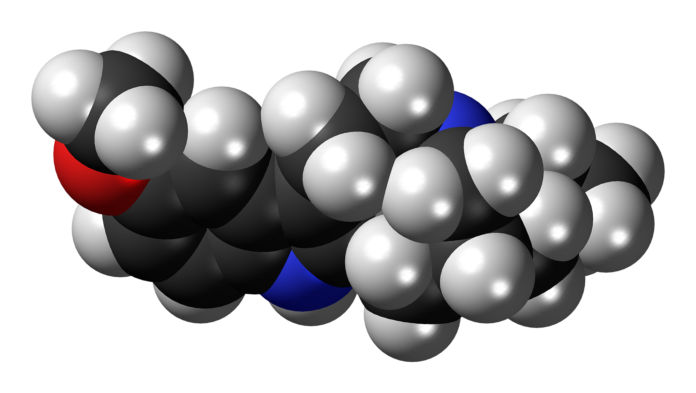Although some have said that the hallucinogen ibogaine can combat opioid addiction, there are many serious side effects including increased risk of potentially fatal heart conditions, psychological complications, and even death.
A 2016 study published in Therapeutic Advances in Psychopharmacology, analyzed a “40-year-old man who used ibogaine for symptoms of heroin withdrawal,” and “suffered acute cardiac arrest leading to cerebral edema and brain death.”
Ibogaine is a psychoactive alkaloid that’s derived from the iboga root found in West Africa. The drug is currently classified as a Schedule I Drug by the DEA for its high potential for abuse and having no medical use.
The Dangers
The most critical risks associated with ibogaine are believed to be responsible for deaths that occurred while under the drug’s influence.
Bradycardia (a slowing of the heart, which can become fatal) is one of the most concerning of these risks. Liver issues can make ibogaine potentially deadly, and it may also worsen psychological complications. Physicians have also claimed that ibogaine therapy can possibly cause brain damage in some people.
Additionally, several medications should never be mixed with ibogaine including most antidepressants, because they have similar properties. Avoid ibogaine therapy if there is a history of severe psychiatric problems, as well. People addicted to benzodiazepines or alcohol should not consider ibogaine for any type of treatment.
Ibogaine’s hallucinogenic properties can cause significant nausea and vomiting in some individuals. Other symptoms include … (continue reading)
















